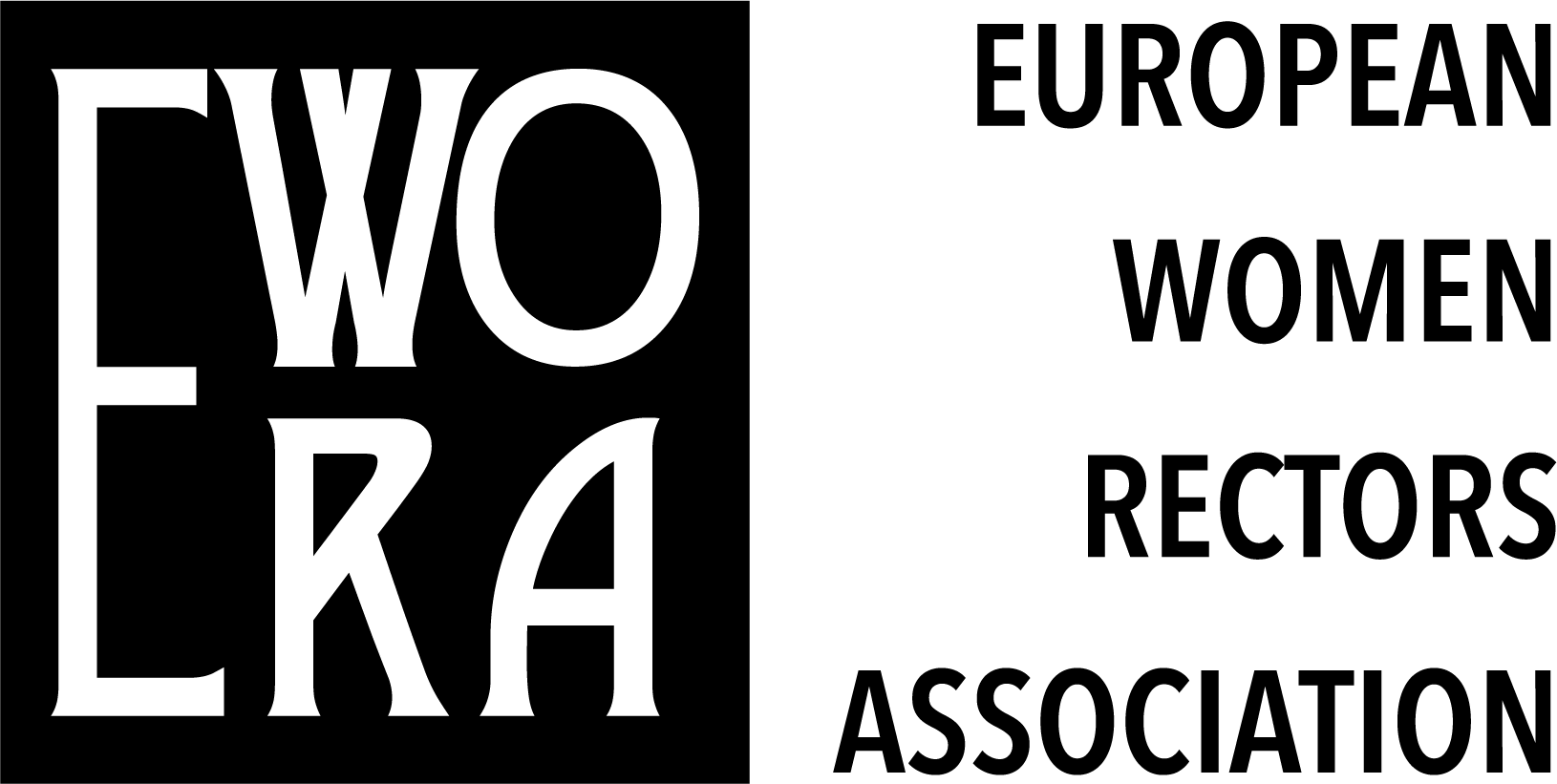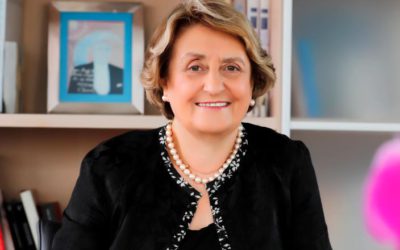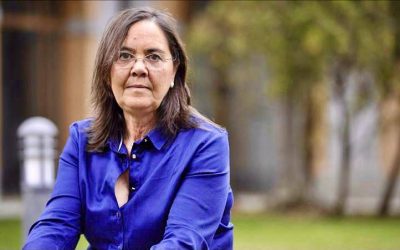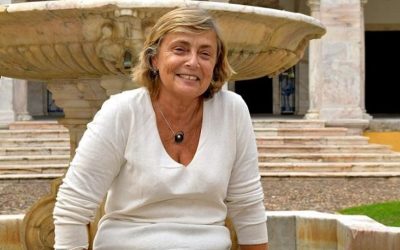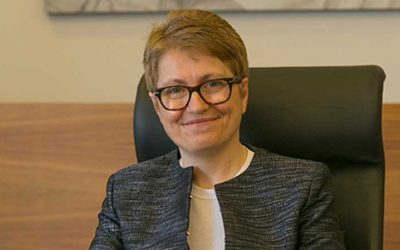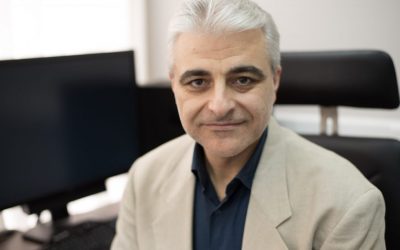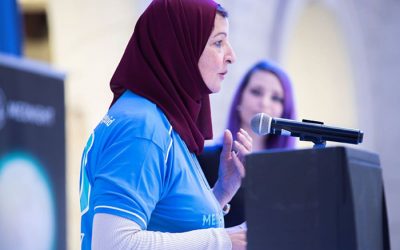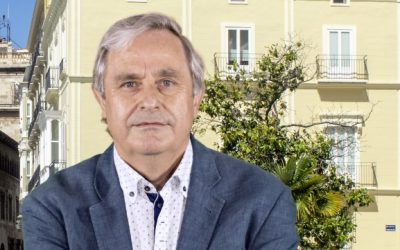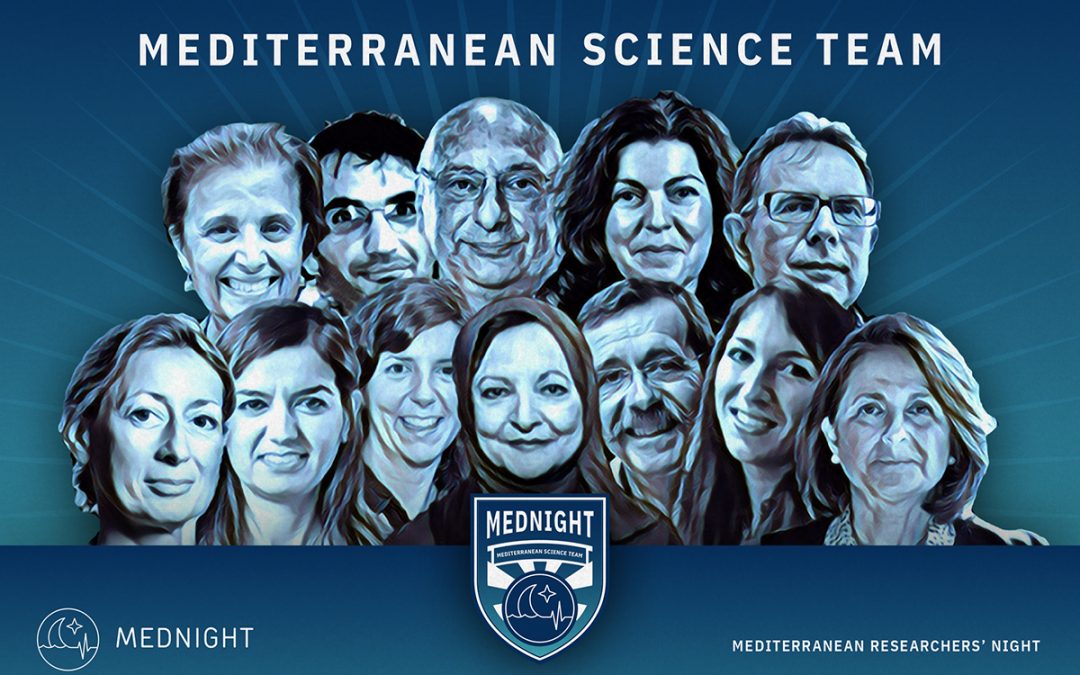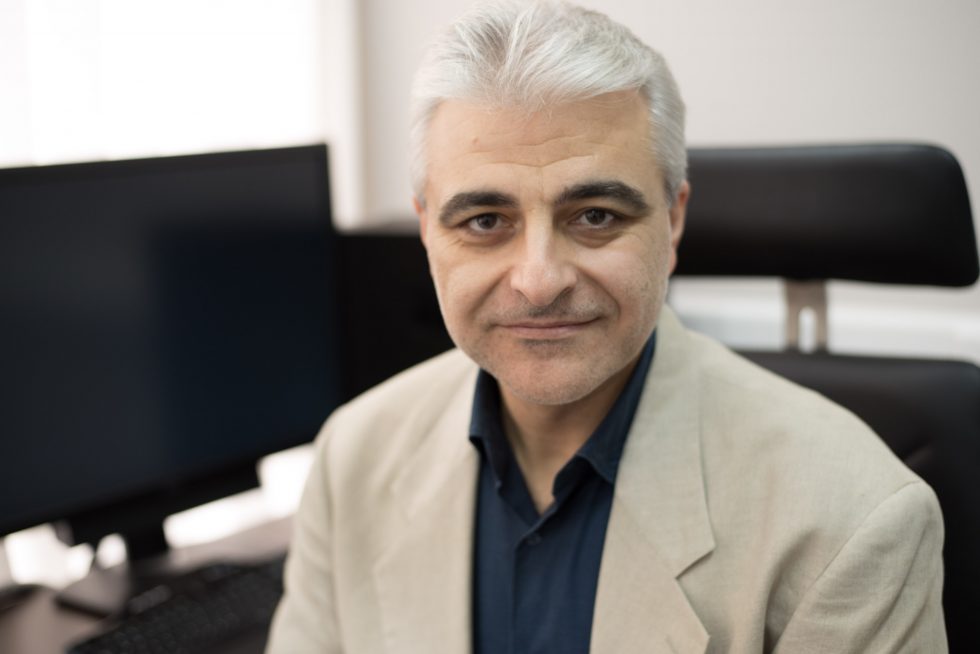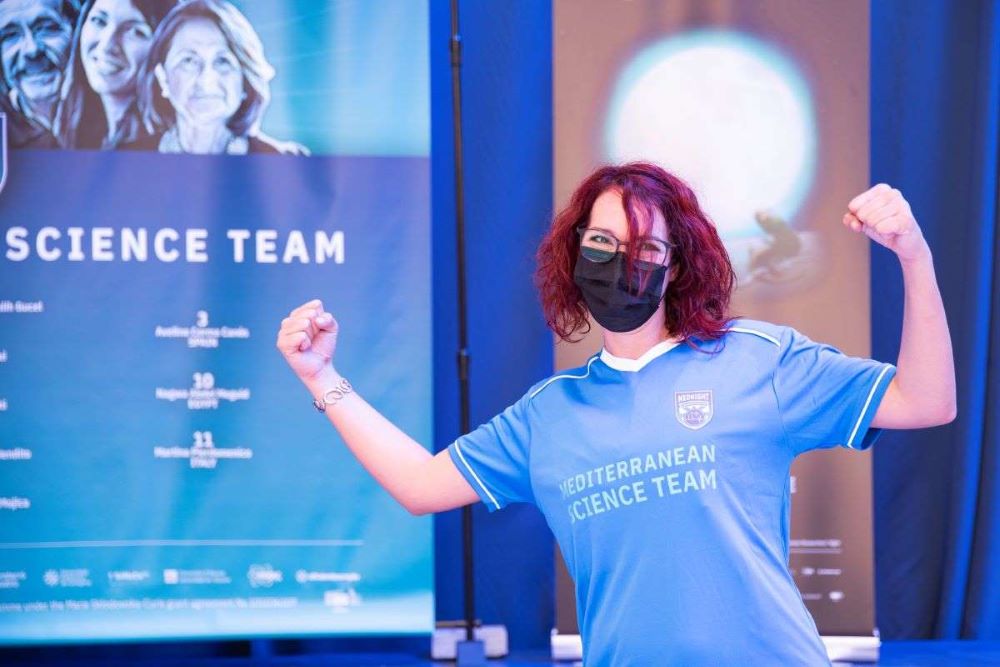Mediterranean Science Team
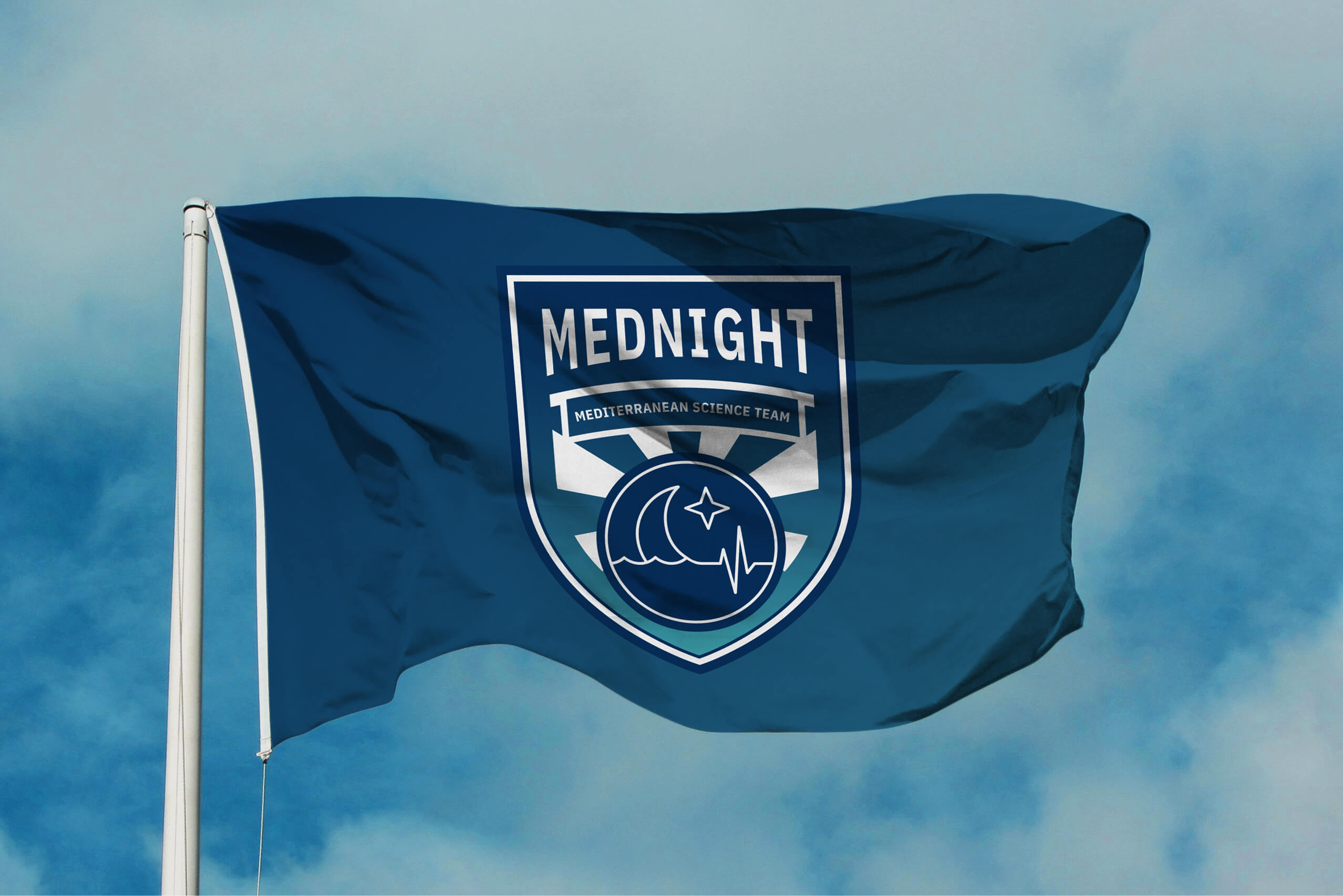
The Mediterranean Science Team 2023
The team is made up of high-level women scientists, whose experience demonstrates the value of women in science and has been elected by jury members who are; Prof. Dr. Gülsün Sağlamer, Prof. Dr. Sondan D. Feyiz, Prof. Dr. Nagwa Abdel Meguid, Prof. Dr. Carmen Fenoll, Prof.Dr. Nektarios Tavernarakis, Prof. Dr. Juan Fuster and Prof. Dr. Ana Costa
Mednight hopes that the team will be an incentive for girls from the Mediterranean to pursue careers in science.
The members selected represent ten countries of the Mediterranean basin: Turkey, Spain, Syria, Cyprus, Egypt, Lebanon, Tunisia, Italy, Portugal and Morocco which make this 2023 Mediterranean Science Team a step toward creating a Mediterranean identity with science as the common nexus.
The 2023 Mediterranean Science Team is formed of eleven women experts in topics of most interest to MEDNIGHT: sciences for the future, technology, health, climate change, and marine sciences.
The Mediterranean Science Team 2023 is made up of:
Cristina Romera Castillo (Spain) She is an ceanographer and works at the Institute of Marine Sciences-CSIC in Barcelona. Her research has focused on the oceanic carbon cycle.
2. Seda Keskin Avcı (Turkey) As a Chemical and Biological Engineer, she has been recognised as one of the “Outstanding Women in Chemical Engineering Across the Globe” in 2022 by Chemical Engineering Research and Design Journal (ChERD).
3. Serim İlday (Turkey) Assistant Professor at the Institute of Materials Science and Nanotechnology & National Nanotechnology Research Centre (UNAM) at Bilkent University, Ankara, Turkey. Her research is at the intersection of soft condensed matter, nonequilibrium, and nonlinear physics and interfaces with materials science, nanotechnology, and mechanobiology.
4. Despo Fatta-Kassinos (Cyprus) Professor of the Department of Civil and Environmental Engineering, and the Director of Nireas-IWRC at the University of Cyprus (UCY). Her research expertise focuses on wastewater treatment and reuse, advanced chemical oxidation processes, contaminants of emerging concern, and antimicrobial resistance in the environment and wastewater technical systems.
5. Rajaa Cherkaoui-El Moursli (Morocco) As a Nuclear Physicist, she is a Professor at the Faculty of Sciences, University Mohammed V in Rabat, Morocco. She is a resident member of the Hassan II Academy of Sciences and Technology. She is an associate member of the ATLAS International Collaboration. She is also a member of the Management Board of the Moroccan Agency for Nuclear and Radiological Safety and Security and of the National Centre for Nuclear Energy, Science and Technology (CNESTEN/Morocco), and of the National Center for Scientific and Technical Research (Morocco/ CNRST).
6. Sonia Ouali Hammami (Tunisia) Full Prof. of Internal Medicine, Geriatrician in The University of Monastir & PhD fellow in Geriatric and gerontology. President of Geriatric Tunisian Society. Director of research laboratory in Aging Nutrition & Vascular health. Her research focused on ageing and its related issues.
7. Helena Canhão, (Portugal) As a Dean and Full Professor of Medicine at NOVA Medical School, Universidade NOVA (Lisboa), she is the author of more than 200 peer-reviewed publications and of books and book chapters in the areas of medicine, rheumatology, aging, health.
8. Safaa Kumari (Syria) She is a Syrian plant virologist and heads the Seed Health/Virology Laboratory at the International Centre for Agricultural Research in the Dry Areas (ICARDA). She is known for developing “super seeds” resistant to the region’s most devastating viruses in faba bean. Dr Kumari has also played a vital role in the growth and development of the Arab Society for Plant Protection (ASPP).
9. Najat A. Saliba (Lebanon) Saliba is currently a member of the Parliament of the Lebanese Government. She is also a Professor in Chemistry at the American University of Beirut. Saliba leads several projects related to understanding the chemistry of inhalable tobacco and non-tobacco smoke and atmospheric aerosols. Saliba has collaborated with many colleagues from the health, engineering, and social science sectors to bring a holistic view to the air pollution problems in the region.
10. Luisa de Cola (Italy) Professor at the University of Milano and Director of the Materials for Health Laboratory at the Istituto di ricerche farmacologiche Mario Negri, Milano (Italy). She has published over 300 papers and filed 36 international patents.
11. Sarah Abdelkader (Egypt) Environmental Engineer and Ph.D. fellow in global health and human ecology, specializing in water and wastewater treatment, climate change, and green buildings. worked on the green social housing project “Green Social Housing for all Egyptians”.
The jury of the Mediterranean Science Team 2023
The MEDNIGHT Mediterranean Science Team 2023 jury is made up of excellent researchers from Greece, Egypt, Turkey, Portugal and Spain.
Gulsun Sağlamer. Turkey
Prof. Dr. Gulsun Sağlamer. Former Rector of Istanbul Technical University (1996-2004). She is a professor of architecture at Istanbul Technical University. She was a member of the Scientific Committee of TUBITAK-INTAG (The Scientific and Technical Research Council of...
Prof. Dr. Carmen Fenoll. Spain.
PhD in Biological Sciences from the Universidad Autónoma of Madrid. Professor of Plant Physiology in the Faculty of Environmental Sciences and Biochemistry at the University of Castilla-La Mancha, Toledo. She is currently the president of the Association of...
Prof. Dr. Ana Costa. Portugal.
PhD in Food Biotechnology, Ana Costa is the first woman dean of the University of Évora (Portugal) and president of MetaRed Portugal. MetaRed is a collaborative project that forms a network of networks of heads of Information and Communication Technologies (ICTs) of...
Prof. Dr. Sondan Durukanoğlu. Turkey
Prof. Dr. Sondan Durukanoğlu Feyiz is the current rector of Kadir Has Üniversity. Prof. M. Sondan Durukanoğlu Feyiz. She completed her Master’s in Physics at the University of Wisconsin in 1992 and her Ph.D. at the Physics department of Kansas State University in...
Prof. Dr. Nektarios Tavernarakis. Greece
Professor Nektarios Tavernarakis. He is Vice-President of the European Research Council (ERC) and Chairman of the European Institute of Innovation and Technology (EIT) Governing Board. He is also President of the Foundation for Research and Technology – Hellas...
Prof. Dr. Nagwa Abdel Meguid. Egypt
Dr Meguid is a professor of human genetics, Former Head of Human Genetics Unit, National Research Center (NRC) Egypt. She is a Senior Geneticist at the Genetics Institute, California; a fellow of Uppsala University, Sweden and Yale University. First Arab Laureate win...
Prof. Dr. Juan Fuster. Spain
Juan Fuster Verdú. Research professor at the Institute of Corpuscular Physics (IFIC), a joint centre of the University of Valencia and the Spanish National Research Council (CSIC). He has received the Humboldt Research Award in 2018. Juan Fuster Verdú is the...
The aim of the jury will be to select the 11 members of the Mediterranean Science Team 2023.
The Mediterranean Science Team symbolises the top science developed in Mediterranean countries, science that contributes especially to solving common problems, and to the advancement of the countries of the Mediterranean basin.
In their evaluation, the jury members will take into account the following criteria:
- Relevance of their research to Mediterranean society
- International projection of their work
- Importance of making their work visible, with special attention to women scientists.
- Exceptional nature of their research
A maximum of three scientists from the host country of the gala are accepted. And only one scientist representing other countries.
The research areas especially valued are those of interest to MEDNIGHT:
– Climate and clean energy. Scientists whose research provides relevant solutions to address desertification, water management, CO2 removal, clean energy, etc. will be especially valued to be part of the Mediterranean Science Team.
– Sea and pollution. Scientists whose research provides relevant solutions against marine pollution will be especially valued to be part of the EMC.
– Diet and nutrition. The Mediterranean diet has been declared Intangible Heritage of Humanity by UNESCO. Scientists whose research favours the development of healthy foods for a Mediterranean diet through the use of emerging technologies will be especially valued.
– Life and health: It will highlight research into wellness in health and longevity.
The Science Team Gala
The 11 scientists selected by the jury were presented at a gala-homage, in person and with streaming, February 9th 2023. The selected scientists and members of the jury will be invited to the gala and will explain in person the research they have carried out.
The gala, with a similar vocation to the film galas, takes place in a playful environment with a reception for the scientists, a photocall and the proposal of interviews for the media.
On the day of the gala, a press conference will be held to present the selected artists.
During the gala, the 11 T-shirts will be handed out, which, like those of a football team, will identify the excellent members of the Mediterranean Science Team.
The Science Team is an original QUO magazine activity for Mednight.

